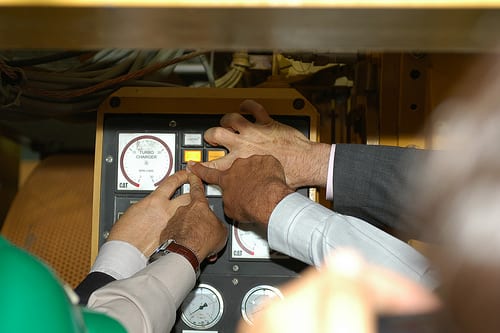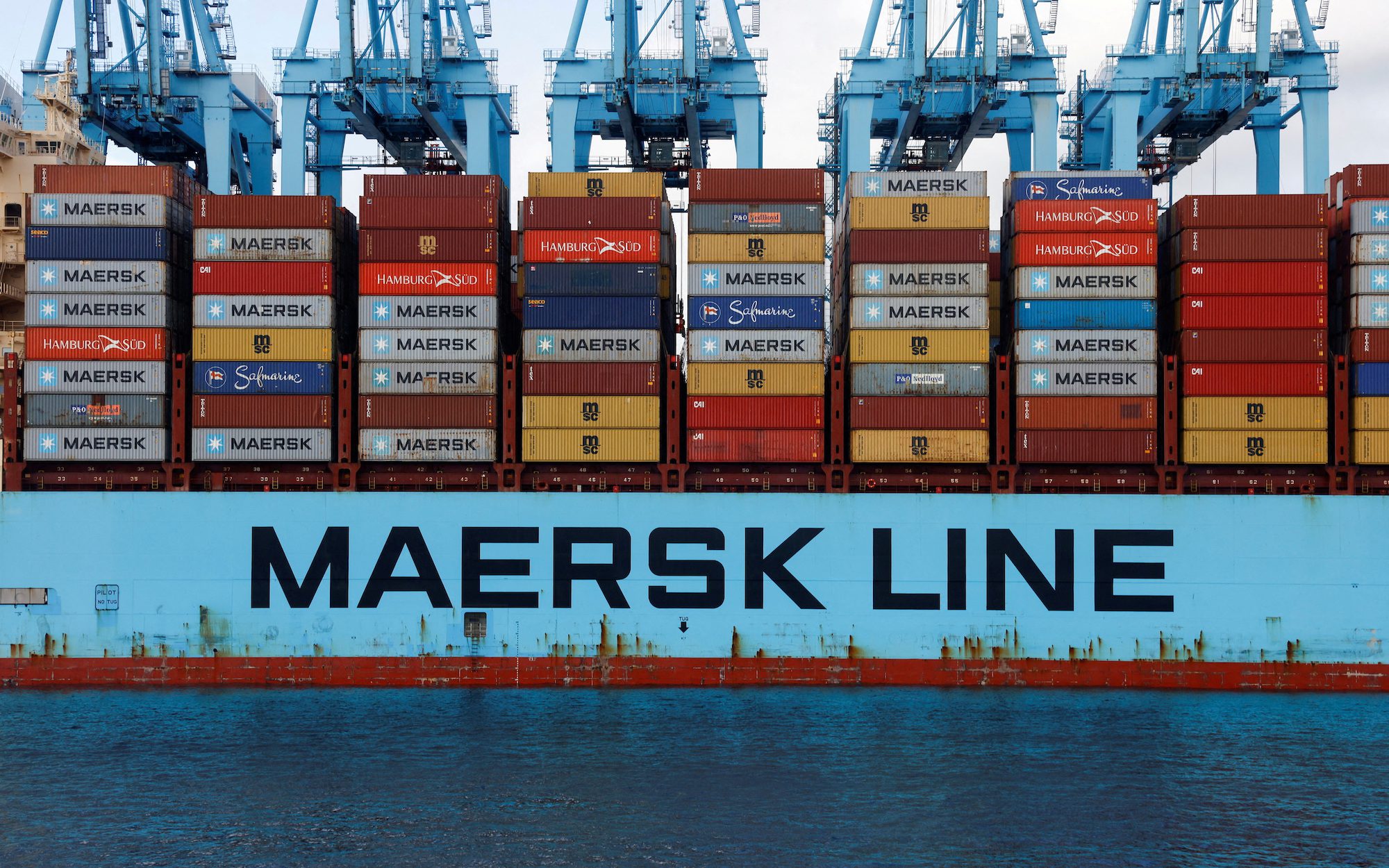
Todays hearings commenced with the confirmation that the companymen, BP representatives aboard the Deepwater Horizon, on watch during the incident will not be appearing for testimony. But the companyman regularly assigned to the rig, Ronald Sepulvado, showed up to answer questions and his testimony provides clues on a critical cause of the event; the turnover of personnel.
Sepulvado testified that he left the rig to attend well control training just 4 days prior to the blowout. he further explained the manner by which he turned-over the job to Kaluza, the companyman on watch during the blowout, prior to leaving. He stated that he emailed turnover notes to Kaluza and spoke with him briefly on the heli-deck. Later in the testimony he said that at no point between his departure at 9am on the 16th and the explosion on the 20th did anyone aboard the rig call his cell phone.
The thoughts of all mariners departing a vessel are on home, further heli-decks and heli-ports are neither private or quiet making the effective turnover of information nearly impossible. Turnover notes are not enough, they lack the ability for reliefs to ask questions and receive answers. They are also a poor means of portraying emotion, of allowing the relief to gauge the relative importance of a each line item, of allowing the relief to sense the anxiety in the voice of his opposite. It’s therefore critically important that, prior to departure, mariners (at least those with access to phone lines) call their relief and explain, in depth, each concern they may have. This is how senior Transocean personnel turned-over with reliefs, as Jimmy Harrell and Captain Kutcha testified, why didn’t BP?
Kaluza not calling Sepulvado to discuss problems during those critical four days is normal practice offshore but is a practice that contains risk. Once off the rig most people turn-off their brains, forgetting the problems they left behind to focus on family and friends. While this practice is understandable, does it leave our reliefs unprepared for escalating problems?
Also of issue was the fact that Sepulvado left during his hitch to obtain training (usually training is done during your scheduled time off the rig) so Kaluza, who previously worked aboard the Thunderhorse, was entering the job with little experience aboard Horizon. He was trying to learn the well plan, learn the vessel and learn the crew at the same time. The last point is important, a key element in leadership is to know your people, their strengths, their weaknesses, their history of success and failure. Did Kaluza know enough about the crew to realize that Toolpusher Jason Anderson was passionate and skilled in well control? Did he listen to Jason’s input and act upon his suggestions or did he marginalize it?
Allowing new personnel to gaining knowledge of the rig, prior to accepting a leadership role, is standard practice aboard Transocean rigs where it is common practice to have new personnel come out a week early and shadow the person they will be relieving. This practice allows personnel a significant period of time to mentor personnel, learn the rig and become familiar with the well plan prior to accepting responsibility.
And the the turnover of personnel is not the only failing here. The Macando well was originally drilled by another rig, the Marianas, but after a hurricane damaged that vessel the Deepwater Horizon completed drilling. The problem here is that the Deepwater Horizon personnel where not present during the original spud meeting, a meeting which, in part, identifies and mitigates risks, and did not experience the problems unique to drilling this rig prior to starting.
In a document obtained by gCaptain, a 2004 version of the Floating Operations Manual, Transocean outlines specific policies for taking over drilling operations from another rig. The manual states:
The purpose of this document is to give the Rig Manager and Offshore Personnel guidance for information gathering and documentation needed prior to moving onto and existing wellhead. This is of particular importance when moving onto a wellhead that the rig did not set, or has been away from for an extended period of time.
…Increasingly, our rigs are being called on to perform operations on wells that were drilled by other rigs or operators, or wells that we have not been on for some time. This experience has highlighted the importance of evaluating what condition the wellhead and well below it are in, prior to commencing operations.
The manual continues with 15 specific actions to be taken prior to drilling an unfamiliar well which include, among other requirements, mechanical and visual verification of the wellhead integrity, actions to assure the cleanliness and integrity of the well bore and verification of testing by both Transocean and BP representatives.
We do not know if Transocean hosted a meeting between Marianas and Horizon crew to share lessons learned, what additional measures where taken by the Marianas managers to turnover well specific information, or which physical actions where taken to assure it was safe to proceed but the dangers are clear and should have been mitigated.
Finally there is the issue of turnover of personnel. This is a large topic mostly out of the scope of this article but, from testimony heard so far, it’s clear that numerous people in critical positions both aboard the vessel and ashore, working for both Transocean and BP, where recently promoted or hired. And the turnover of these personnel is a key factor in the cause of this incident.

 Join The Club
Join The Club











